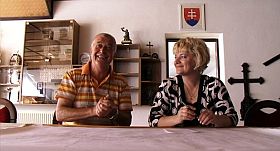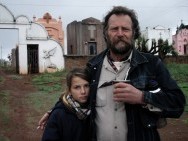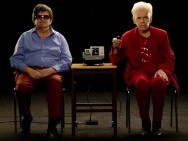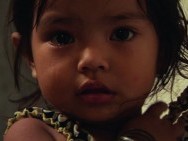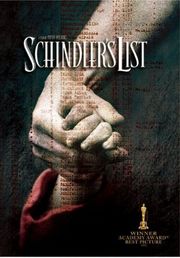


Doc Alliance Strikes Again
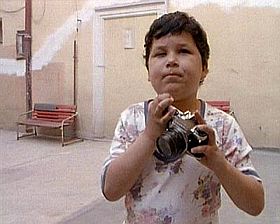
On this site the vod (video on demand) initiative Doc Alliance, run by five European film festivals, has been praised several times for its quality in film selection and presentation, and for its cheap prices not to forget.
Doc Alliance has again a generous marketing offer to have people know about the vod. A handful of films about children can be streamed for free (until June 5), among them the masterpiece by Miroslav Janek, Unseen, which has the following catalogue annotation:
„People imagine, that the blind live in darkness and know nothing about the things around them. But they have a concrete image of everything.“ says photographer Daniela Horníčková, who led blind children from the Prague Jaroslav Jeek School to capture their surroundings on still camera. The children took pictures at school, on field trips, at home or the dormitory mostly focusing on things they knew by touch. In 1995, director Miroslav Janek entered the project and shot a documentary stimulating comprehension of the issues and uniqueness of the creative process.
